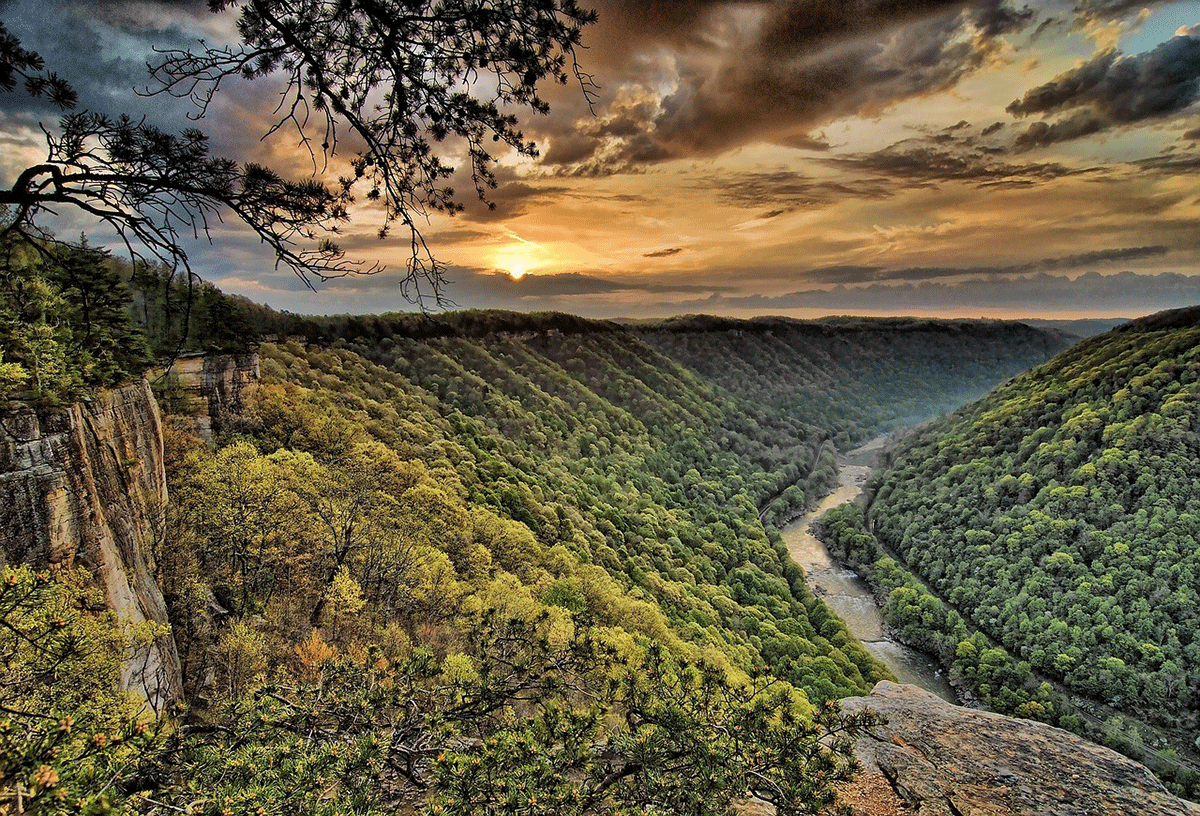A few weeks ago we wrote an article outlining the differences, and similarities, between the American and European regulatory frameworks covering the issue of drones and shared airspace. We emphasized the fact that the USA has a federal agency with jurisdiction over the entire airspace over the nation, but at the same time there are literally thousands of city, county and state agencies that have perceived authority over certain activities related to drone use.
As an illustration of that, on March 2nd the West Virginia senate announced that it passed a bill that would require police to get a warrant before engaging in drone surveillance in most situations. The law applies to personal as well as commercial use of UAV’s.The genesis of the bill is simple; on February 8 West Virginia State Senator Charles Trump (R-Berkeley Springs) introduced Senate Bill 9 (SB9). The legislation would require law enforcement agencies to get a warrant before conducting surveillance, gathering evidence or collecting information on targeted individuals or specifically targeted private property. SB9 also includes provisions limiting retention of data gathered by drones.When confronted about a state law that has a perceived conflict with federal law, more specifically Part 107 of the FAA, Sen. Trump said that the senate has been working for years in the legislation in question and added that the FAA had left the door open for state and local laws to fine-tune its guidelines.“There’s a good bit that the federal aviation administration left basically unregulated for the states to craft their own rules and that’s what this bill endeavors to do,” Senator Trump said. “With so many groups interested in the bill, it became a much more complex piece of legislation than anticipated.”Amongst its many provisions, SB9 outlines rules for the use of UAV’s on private property and stipulates strict penalties for the publishing of images taken during such activities without the explicit permission of the subject in the images. SB9 also defines how news organizations can use drones to cover certain events and makes emphasis on the warrant requirement for any law enforcement agency that wishes to use these new tools for collecting video information for public safety and rescue operations.Even though the proposed legislation only applies to state and local drone usage, it throws a long shadow on some federal programs and is due to create some friction with groups interested in following the letter of Part 107. Much of the funding for surveillance with drones at the state and local level comes from the federal government and in return federal agencies tap into the information gathered during such activities under a program known as Information Sharing Environment.With this legislation West Virginia is at risk of losing funding from ISE and entering into a conflict of interpretation with Part 107, which surely will result in further litigation. SB9 will now move to the West Virginia House of Delegates and rest assured, we will follow it closely.Subscribe
The information you submit will be stored and used to communicate with you about your interest in Commercial UAV News. To understand more about how we use and store information, please refer to our privacy policy.
March 21, 2017
West Virginia Moves to Implement Drone Legislation














Comments